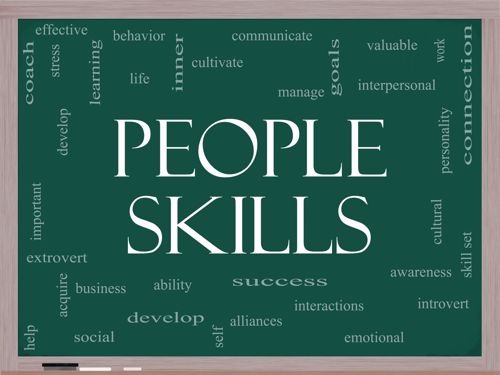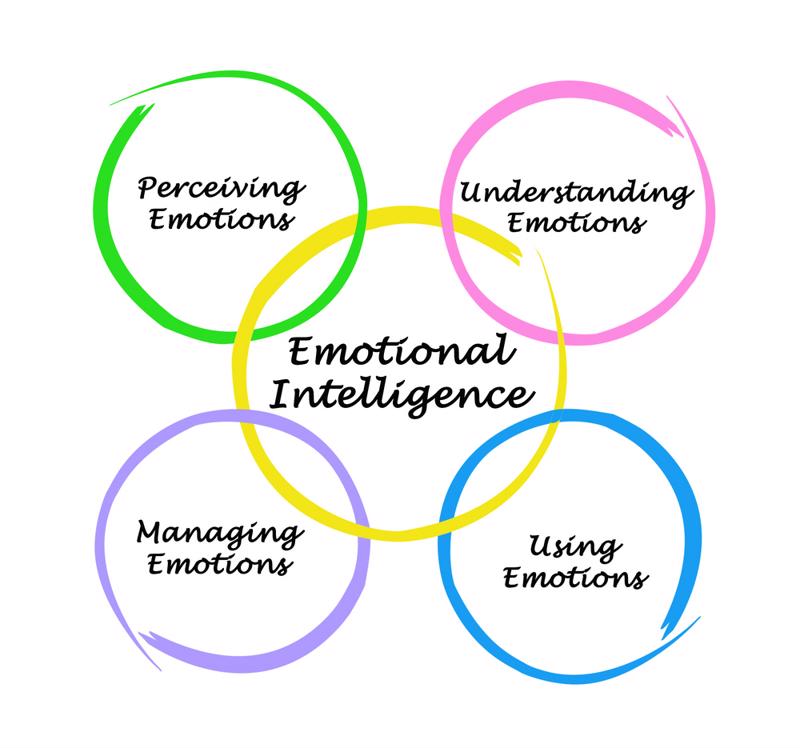
Mastering emotional intelligence for transformative leadership
07 Dec 2023
There's a growing recognition of a skill that's reshaping how we understand and practice effective leadership: Emotional intelligence (EI). This article delves into the essence of EI and its transformative impact on leadership. We'll explore the five fundamental components of EI, its critical role in decision-making and practical strategies for enhancing these skills.
Whether you're leading a small team or an entire department, understanding and integrating EI into your leadership style can lead to profound changes in your approach and your team's performance.
Redefining leadership with emotional intelligence
The demands of leadership extend far beyond the realms of strategic planning and decision-making. At the core of transformative leadership is a pivotal yet frequently underestimated skill: EI.
Pioneered by psychologists such as John D. Mayer, Peter Salovey and Daniel Goleman, EI has revolutionised our perception of effective leadership, highlighting the importance of understanding and managing both personal and others' emotions in guiding teams to success.
The five pillars of emotional intelligence
EI unfolds in five distinct yet interconnected dimensions:
- Self-awareness: This involves an honest assessment of your emotional landscape. It's about recognising your feelings, strengths and areas for growth. A leader who is self-aware navigates through challenges with more clarity and less bias.
- Self-regulation: Here, the focus is on managing emotions, particularly under stress. Leaders who excel in self-regulation respond to challenges thoughtfully, rather than reacting impulsively.
- Motivation: Beyond the external rewards of leadership, intrinsic motivation – a deep-seated passion for your work – drives enduring success. This kind of motivation inspires teams and creates an environment where innovation thrives.
- Empathy: More than just understanding others' perspectives, empathy involves genuinely sharing and addressing their feelings. Empathetic leaders build deeper connections and foster a supportive workplace.
- Social skills: Effective leadership also hinges on your ability to interact, communicate and resolve conflicts. Leaders with adept social skills can build robust networks and maintain healthy team dynamics.

Emotional intelligence in decision-making
Incorporating EI into decision-making transcends a purely analytical approach. It involves weighing the emotional impact of decisions, leading to outcomes that resonate well with both the team and the broader organisational goals. Now, let's look at some proven methods to cultivate EI:
- Engage in self-reflection: Regular introspection helps you understand how your emotions influence your leadership style. Consider how your decisions impact those around you and the broader organisational culture.
- Foster empathy: Active listening is key. By genuinely understanding and valuing your team's perspectives, you create a culture of trust and mutual respect.
- Hone communication skills: Effective communication is nuanced. It's about conveying your message clearly and listening actively. It's also about being open to feedback and adapting your communication style to different situations and individuals.
As you explore the nuances of EI, you'll likely find areas for personal growth. Integrating these insights into your leadership approach can lead to more cohesive teams, a more positive work environment and enhanced productivity. Consider participating in specialised EI training or workshops to deepen your understanding and skills.
Enhance your leadership with ICML
Emotional Intelligence is a powerful tool in the leadership toolkit. By mastering its various aspects – from self-awareness to effective relationship management – you can transform not only your leadership style but also the performance and well-being of your team.
The journey to becoming an emotionally intelligent leader is ongoing, but the rewards are substantial. For those interested in further developing these skills, consider exploring resources like the emotional intelligence course offered by ICML, which can provide deeper insights and practical strategies for enhancing your leadership capabilities.





